Medvedev: Russia to retain nuclear deterrence
Russia's nuclear deterrence will always be strong enough to defend its interests, President Dmitry Medvedev said on Thursday.
Thursday, 24.12.2009.
15:21

Russia's nuclear deterrence will always be strong enough to defend its interests, President Dmitry Medvedev said on Thursday. "Our nuclear shield can solve all tasks that are assigned to it," he said in a live broadcast on three national television channels. Medvedev: Russia to retain nuclear deterrence "We will continue developing new systems, including delivery vehicles. That is normal; the rest of the world is doing it." He stressed Russia would continue developing her strategic offensive forces whatever new arms reduction agreements would be signed in the future. "Without that, it is impossible to defend our country. This is obvious both to ourselves and the Americans. This is a law of life today," Medvedev said. Moscow and Washington are expected to sign a new document at the beginning of 2010 to replace the START 1 treaty, which expired on December 5. Russian Foreign Minister Sergei Lavrov said last week the new Russian-U.S. strategic arms reduction treaty envisions "radical" cuts in the number of strategic offensive weapons. Medvedev and his U.S. counterpart Barack Obama announced at their first meeting in April that the countries would replace the START I treaty as part of their efforts to "reset" bilateral ties. The treaty's outline agreed by the presidents included cutting nuclear arsenals to 1,500-1,675 operational warheads and delivery vehicles to 500-1,000.
Medvedev: Russia to retain nuclear deterrence
"We will continue developing new systems, including delivery vehicles. That is normal; the rest of the world is doing it."He stressed Russia would continue developing her strategic offensive forces whatever new arms reduction agreements would be signed in the future.
"Without that, it is impossible to defend our country. This is obvious both to ourselves and the Americans. This is a law of life today," Medvedev said.
Moscow and Washington are expected to sign a new document at the beginning of 2010 to replace the START 1 treaty, which expired on December 5.
Russian Foreign Minister Sergei Lavrov said last week the new Russian-U.S. strategic arms reduction treaty envisions "radical" cuts in the number of strategic offensive weapons.
Medvedev and his U.S. counterpart Barack Obama announced at their first meeting in April that the countries would replace the START I treaty as part of their efforts to "reset" bilateral ties.
The treaty's outline agreed by the presidents included cutting nuclear arsenals to 1,500-1,675 operational warheads and delivery vehicles to 500-1,000.










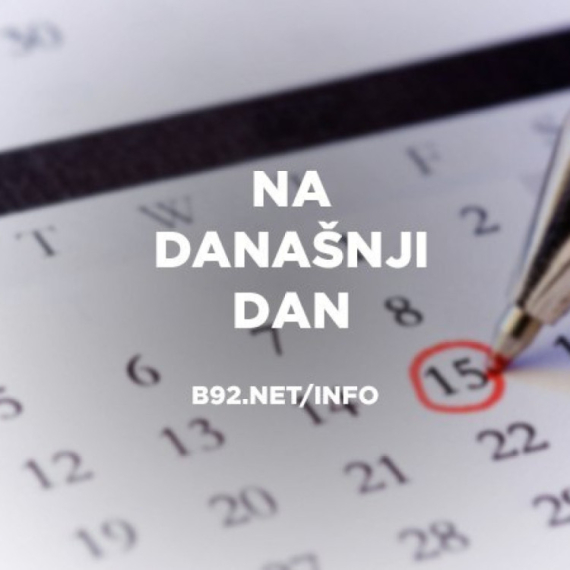
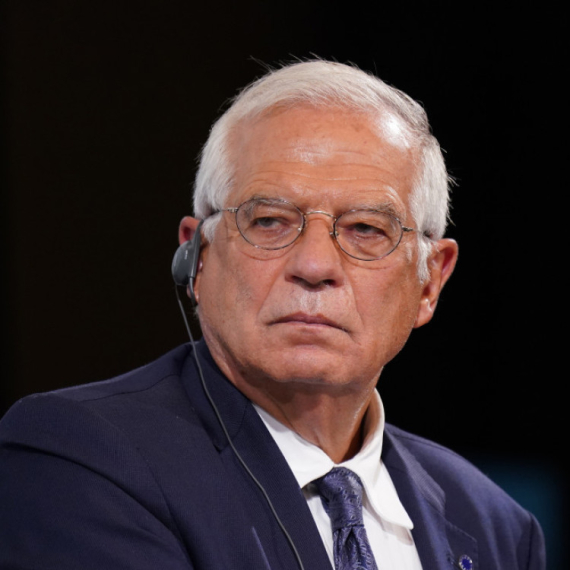
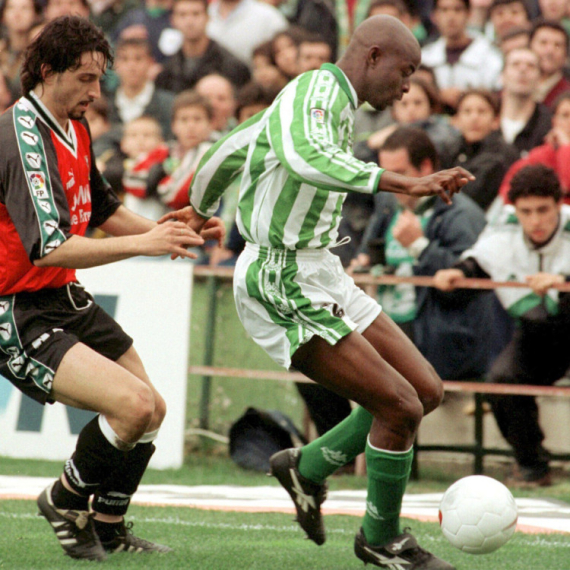
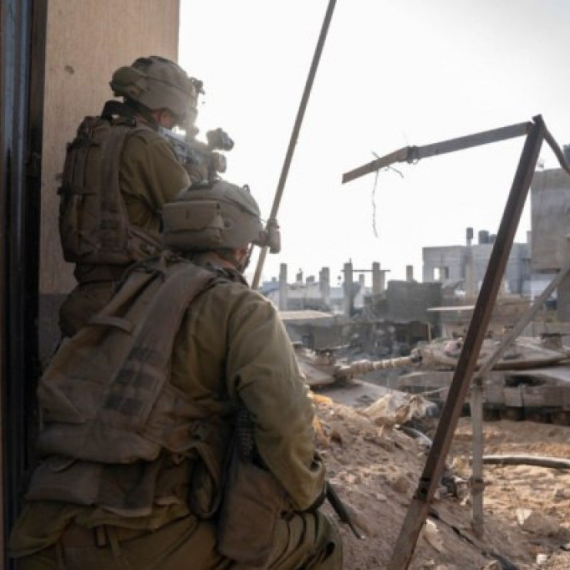
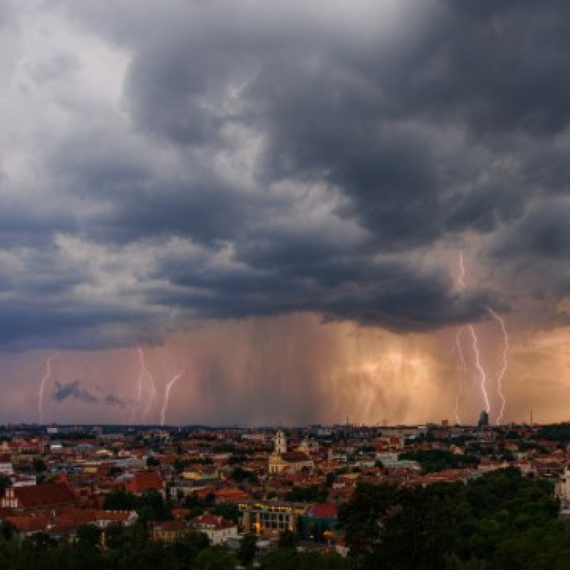

Komentari 2
Pogledaj komentare